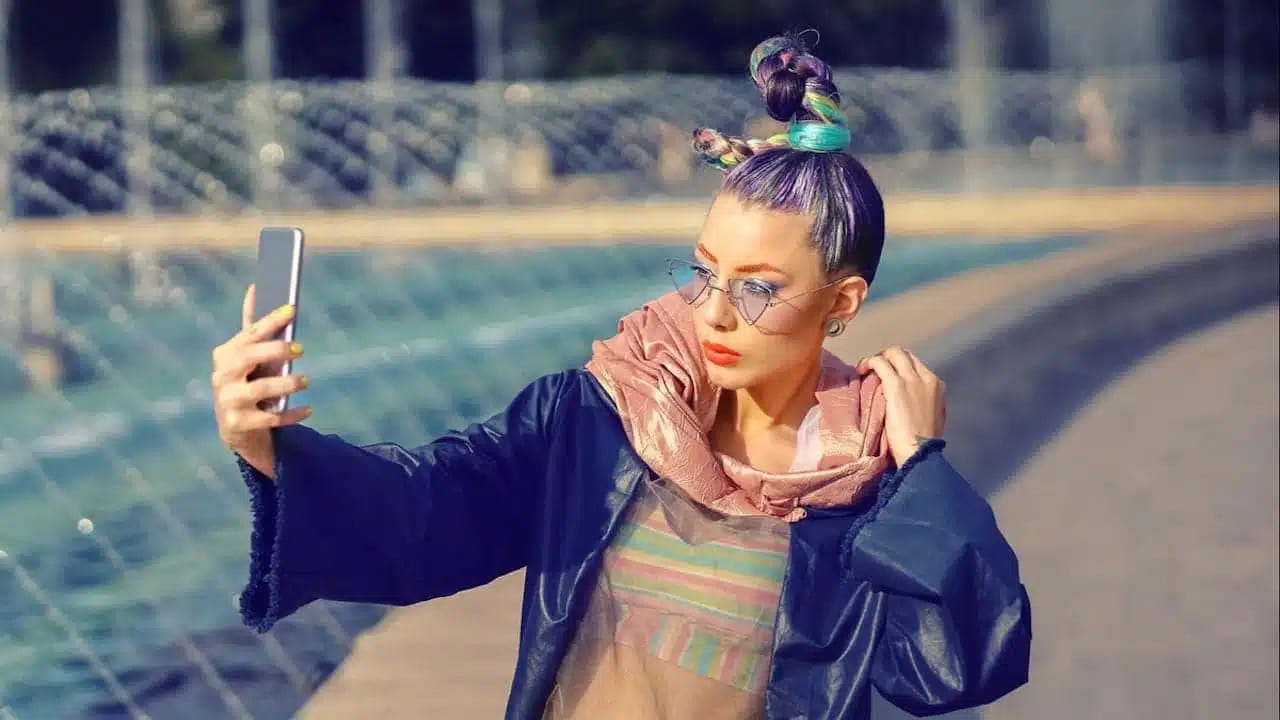For some time now, that of the influencer has no longer been an extemporaneous and ephemeral role. Indeed it goes without saying that – as a natural consequence of an increasingly widespread and massive use of social platforms – it is becoming more and more evident.
In recent months, to limit ourselves to our country, we have not limited ourselves to an overview of the earnings of influencers. An overview, however, very useful for us to understand how this activity is very varied, and can act as a minimum rounding off of a so-called canonical trade, to a decidedly profitable activity.
But, we said, we didn’t limit ourselves to this, since influencers have gained self-awareness (class consciousness, one would have said a few decades ago). And in fact we have told you how the first union of influencers and content creators was born in Italy.
Moving beyond our borders, then, let’s remember that influencers have protested twice recently. The first when the TikTok ban was threatened by the US, the second after Montana – the first and so far only state in the US to make this decision – actually banned the use of the Chinese social network.
France and the law on influencers
But mind you: if a new profession not only takes hold, if those who carry it out become unionized and make precise requests, it is equally true that in this way the profession shows itself, and it is an almost obvious consequence that the legislators take care to regulate it.
For this reason, France has recently approved a law on influencers, precisely to regulate the crowded, varied and – let’s add – rather confused sector.
The approval of the law
On Thursday June 1, the French parliament therefore approved definitively, and even unanimously, the bill that regulates the online activities of influencers and content creators.
The legislation has among the first the socialist Arthur Delaporte and Stéphane Vojetta of Renaissance (the party of President Macron).
The text defines influencers as “natural or legal persons who, for a fee or other benefits, use their reputation with their audience to communicate online content aimed at promoting, directly or indirectly, goods, services or other causes”. And it aims to give rules and boundaries to an activity that has been watched closely in France for some time.
Carefully and not without suspicion, in the sense that part of the estimated 150,000 influencers in the country – as Le Monde wrote – had long been “under fire from critics”.
The contents of the law
The law approved in France on influencers has 342 out of 342 senators in agreement.
And it follows a more vague rule, which required influencers and content creators to declare the possible advertising nature of their content published online.
The law approved on Thursday 1 June prohibits, for example, the publication of content concerning practices such as cosmetic surgery or therapeutic desistance for the terminally ill. Prohibited or limited the promotion of certain medical devices, products containing nicotine, sports betting and gambling, content that can be advertised only through platforms explicitly prohibited to minors.
Furthermore, French law does not forget that this is the era of deepfakes. Therefore, any image artificially retouched (with filters, etc.) or deriving from artificial intelligence must be reported as such.
A lot of them
For the influencer or creator who violates the law, there will be crimes such as fraud or breach of trust. AND the fines will be very high: they can reach not only up to 300,000 euros but also up to two years in prison.
The limits of the law
If on the one hand a reaction is expected from the French union of influencers (the UMICC, Union des métiers de l’influence et des créateurs de contenus), on the other the signatories of the law are satisfied.
Arthur Delaporte said that “the “influvoleurs” [gioco di parole nato dall’unione dei termini influencer e voleurs, cioè ladri, N.d.R.] they will always exist but they will know that the law is there to punish them.” And Stéphane Vojetta added that the law “will protect consumers, especially the younger ones”.
However, there are those who complain that the text lacks rules on contents referring to alcoholic beverages. But most of all many are doubtful about the possibility of supervising the correct application of the French law on influencers.
Also because many operate outside the European Union. For this reason, the law itself requests that the figure of a legal representative resident in Europe be introduced.
